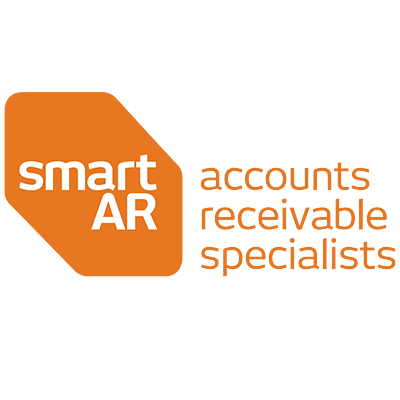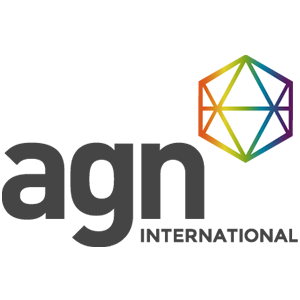International businesses are increasingly affected by tax, legislative and regulatory developments throughout the world. Understanding the impact of business operations and transactions between countries is vital for success. Some common types of income include;
- Earning income from employment or self-employment
- Interest you earn in New Zealand and/or overseas
- Dividends from shares in New Zealand and/or overseas companies
- Portfolio Investment Entities (PIEs)
- Interest in an overseas life insurance policy
- Controlled Foreign Companies (CFCs)
- Foreign superannuation funds and pensions
- Social security pensions from New Zealand and/or overseas
- Buying and selling property and rental properties in New Zealand and/or overseas
- Buying and selling shares
- Trusts
International tax for business
This can include compliance for multinational enterprises, tax residency status for companies (working out if your company is resident), paying non-resident contractors, guidance on anti-bribery laws and corporate tax governance, transfer pricing.
International tax for individuals
As a New Zealand tax resident, you’ll generally pay tax on your worldwide income. You’ll need to pay tax on your overseas income even if:
- You do not bring it into New Zealand;
- the other country or territory has deducted tax.
If you’re a new tax resident or returning to New Zealand after 10 years, you may qualify for a 4-year temporary tax exemption on most types of foreign income. If your country or territory has a double tax agreement with New Zealand, it may affect how different types of income are taxed.
Double tax agreements
A double tax agreement (DTA) is a tax treaty between two countries or territories. DTAs give more relief from double taxation than is available under domestic law.
- One way DTAs prevent double taxation is by giving one country or territory the right to tax certain income and exempting it in the other state.
- Another way is allowing tax credits where both countries or territories tax the same income.
Exchange of information
Globalisation has made it easier for people to invest money outside their tax residence jurisdiction. This has provided opportunities for offshore tax evasion. New Zealand is one of many jurisdictions that has committed to a global initiative led by the Organisation for Economic Co-operation and Development (OECD) on the automatic exchange of financial account information using the CRS. This information is required by law to be collected by financial institutions around the world for reporting to tax authorities. Tax authorities will exchange this information to ensure everyone pays the right amount of tax.
Foreign trusts
If a foreign trust has one or more New Zealand resident trustees, the trustees must register the trust with the New Zealand IRD and comply with ongoing disclosure and annual return processes. A New Zealand resident trustee of a foreign trust is known as a resident foreign trustee. The trustee that communicates with Inland Revenue is known as the contact trustee.











